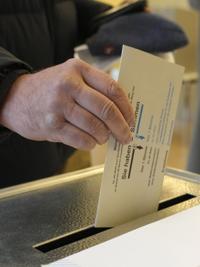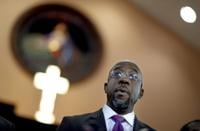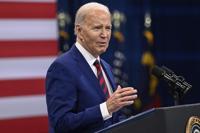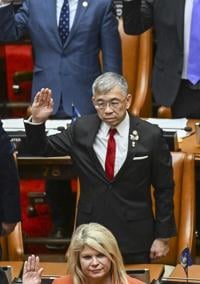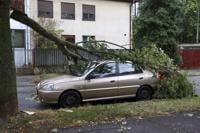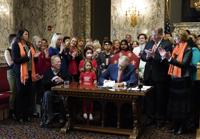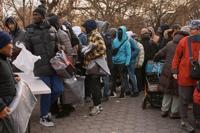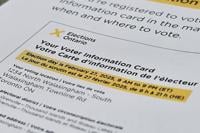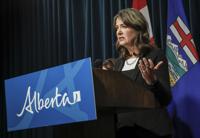German voters are heading to the polls Sunday for a national election. The race pits the incumbent chancellor against the opposition leader, the vice chancellor and — for the first time — a leader of a far-right party.
rarely gives any party an absolute majority and opinion polls suggest that no party is anywhere near one this time. Two or more parties will most likely form a coalition in the coming weeks.
Sunday’s election comes as Germany, and the rest of Europe, grapples with , the and .
Here’s the latest:
Leading contenders make final appeals
Merz vowed to revive the stagnant economy and defend Europe’s interests in the face of a confrontational U.S. administration. Scholz, meanwhile, insisted that he still hopes for an improbable last-minute comeback.
Read more about
Who can vote?
German citizens aged 18 and up can vote. At least 59.2 million people in the nation of 84 million are eligible, about 2.3 million of them for the first time. Polling stations are open from 8 a.m. to 6 p.m. local time.
Exit polls will be announced and vote-counting will begin immediately after voting ends Sunday, and the general picture of the outcome should be clear very quickly. A final official result is expected early Monday.
The candidates for chancellor
Four candidates are bidding to be Germany’s next leader in Sunday’s election.
The candidates are incumbent , opposition leader , Vice Chancellor and environmentalist Greens candidate and co-leader of the AfD AfD .
Polls have opened across Germany
Polls are now open across Germany in an election that could shape Europe’s response to the new Trump administration, the Russia-Ukraine war and security across the continent.
Why is Germany holding an election?
The election comes seven months ahead of schedule following the collapse of in early November.
It’s only the fourth time the Bundestag has been dissolved ahead of schedule following a confidence vote under Germany’s post-World War II constitution.


